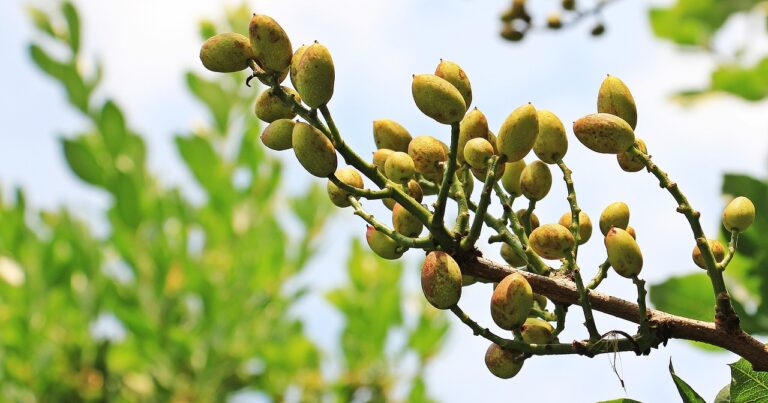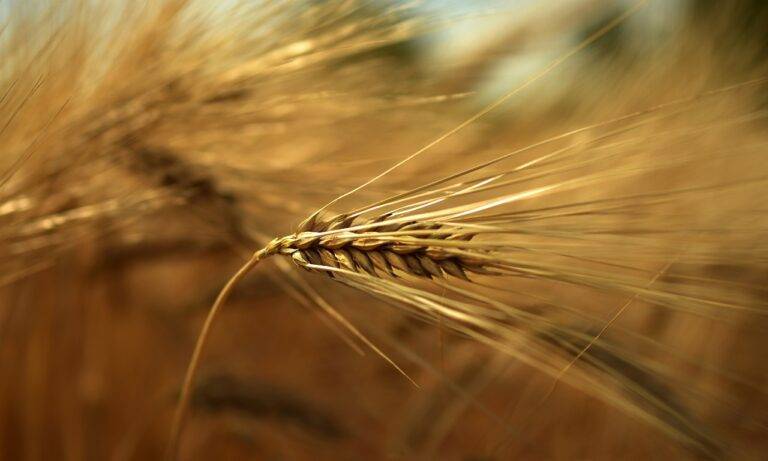Analyzing the Impact of Food Security Policies on Dairy Production
11xplay reddy login password, king 567, skyinplay live login:Analyzing the Impact of Food Security Policies on Dairy Production
When considering the impact of food security policies on dairy production, it is essential to understand the complex relationship between government regulations and the dairy industry. Food security policies play a crucial role in ensuring that there is enough food available to meet the needs of the population. However, the way in which these policies are implemented can have a significant impact on dairy production. In this article, we will analyze the effects of food security policies on dairy production and explore how these policies can both help and hinder the industry.
In recent years, food security has become an increasing concern around the world. With a growing global population and changing climate conditions, ensuring that there is enough food to feed everyone has become a top priority for governments and organizations. Food security policies are put in place to address issues such as food availability, access, and utilization. These policies can take many forms, including subsidies for farmers, import/export regulations, and nutrition programs.
One way in which food security policies can impact dairy production is through price controls. Governments may implement price controls on dairy products to ensure that they are affordable for consumers. While this can help to make dairy products more accessible to the population, it can also impact dairy producers’ profitability. When prices are artificially set below the market rate, dairy farmers may struggle to cover their production costs, leading to a decrease in output and potentially lower quality products.
Another way in which food security policies can influence dairy production is through trade restrictions. Governments may impose restrictions on the import or export of dairy products to protect domestic producers. While this can help to support local dairy farmers, it can also limit consumers’ access to a variety of dairy products and potentially drive up prices. Additionally, trade restrictions can limit dairy producers’ ability to reach new markets and expand their businesses.
On the other hand, food security policies can also have positive impacts on dairy production. For example, government subsidies for dairy farmers can help to support smaller producers and ensure that they can compete with larger agricultural operations. Subsidies can also encourage farmers to adopt sustainable farming practices and invest in new technologies that can improve productivity and quality.
Furthermore, food security policies can promote food safety and quality standards, which are crucial for the dairy industry. By implementing regulations on the production and distribution of dairy products, governments can help to ensure that consumers have access to safe and nutritious products. These standards can also help to build consumer trust in the dairy industry and support its long-term growth.
In conclusion, food security policies play a vital role in shaping the landscape of dairy production. While these policies can have both positive and negative impacts on the industry, it is essential for governments to carefully consider their implications and work closely with dairy producers to find solutions that benefit everyone. By promoting sustainable practices, supporting local farmers, and ensuring food safety standards, food security policies can help to ensure a thriving dairy industry for years to come.
FAQs
Q: How do food security policies impact dairy farmers’ incomes?
A: Food security policies can impact dairy farmers’ incomes in various ways. Price controls, subsidies, and trade restrictions can all influence the profitability of dairy production. When prices are set below market rates or farmers are unable to access new markets due to trade restrictions, dairy farmers may struggle to make a profit.
Q: Can food security policies help to improve dairy product quality?
A: Yes, food security policies can help to improve dairy product quality by implementing regulations on production and distribution. By setting standards for food safety and quality, governments can ensure that consumers have access to safe and nutritious dairy products.
Q: How do trade restrictions affect dairy production?
A: Trade restrictions can affect dairy production by limiting producers’ access to new markets and potentially driving up prices. While trade restrictions can protect domestic producers, they can also hinder their ability to expand and compete on a global scale.







